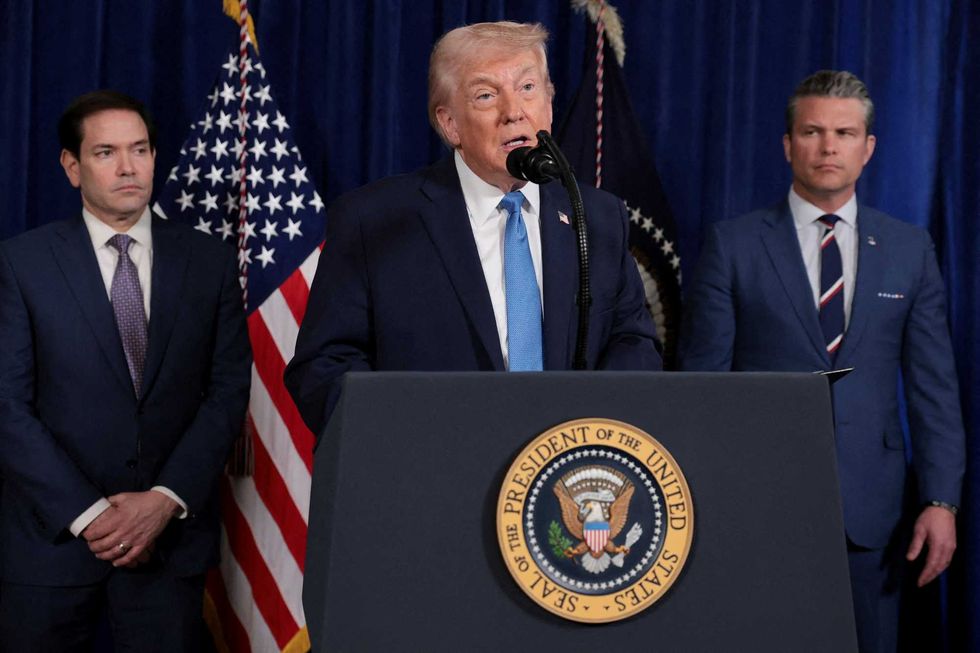A newly formed advisory council, primarily composed of Native Hawaiians, will assist Governor Josh Green in negotiations concerning Army leases on Oahu and Hawaii Island, which are set to expire in 2029. The council members, announced on Thursday, bring a diverse range of expertise from state government, nonprofit organizations, and the private sector.
The council includes notable figures such as William Aila Jr., a member of Hui Malama ‘O Makua; Scott Glenn, a senior adviser to Green; and Kuhio Lewis, CEO of the Hawaiian Council. Other members include Ryan Kanaka‘ole, deputy director of the state Department of Land and Natural Resources; Laurie McAllister Moore, executive director of the Military and Community Relations Office; and Noe Noe Wong-Wilson, executive director of the Lalakea Foundation.
The Army’s leases, initially acquired in 1964 for just $1, encompass state-owned lands in various locations, including Kahuku, Kawailoa-Poamoho, and Makua Valley. With all leases expiring in 2029, Governor Green has proposed a potential deal worth $10 billion to the federal government, which may consider using condemnation to extend military uses of these lands instead of seeking new leases through the state Board of Land and Natural Resources. Such an approach would bypass necessary environmental reviews, public input, and state approvals.
The Board of Land and Natural Resources recently rejected the Army’s final environmental impact statements. In response, Dan Driscoll, Secretary of the Army, indicated that the Army might explore condemnation as an option. Green’s office has reported that consultations have begun between the Army Secretary’s office and the U.S. Department of Justice regarding the Army’s legal rights concerning training lands in Hawaii.
Aila, a former chair of the Board of Land and Natural Resources, represents an organization advocating for the federal government to return Makua Valley to the state and assume responsibility for its cleanup and management. He expressed concerns about potential executive actions that could allow the federal government to commandeer state lands for national security purposes.
On October 29, Green’s office submitted a formal proposal to Driscoll outlining several initiatives. These include transferring an underused federal detention center in Honolulu to the state, increasing Hawaii’s housing stock by 6,500 units, and enhancing Medicare reimbursements. The proposal also calls for investments in geothermal and liquefied natural gas projects to help lower electricity costs in Hawaii.
In a statement regarding the advisory council members, Green emphasized the need for balance between national security and cultural stewardship. He stated, “Hawai‘i stands at an important crossroads — between federal authority and our responsibility to care for cultural and natural resources.”
On November 7, Kaiali‘i Kahele, chair of the Office of Hawaiian Affairs (OHA) board of trustees, urged for genuine consultation with the Native Hawaiian community to strengthen the state’s position in negotiations. He highlighted that the expiration of the military leases presents a critical opportunity to rectify historical inequities and improve the relationship between Hawaii and the federal government.
Kahele suggested that OHA may propose a constitutional amendment to prohibit the use of public trust lands for live-fire military training while allowing compatible training activities. OHA’s board has requested the Legislature to consider this amendment for the 2026 ballot.
Additionally, OHA plans to hold community meetings to gather public opinions on military lease negotiations, with the first meeting scheduled for November 26 from 6 to 8 p.m. at the University of Hawaii at Hilo. Kahele remarked, “The state constitution requires that Native Hawaiians and OHA not only be considered and consulted but also compensated for any use of lands of the public lands trust.”
To facilitate public engagement, OHA has launched a website offering historical information and allowing residents to provide anonymous feedback regarding military land leases in Hawaii. The site can be accessed at oha.org/aloha-aina.







